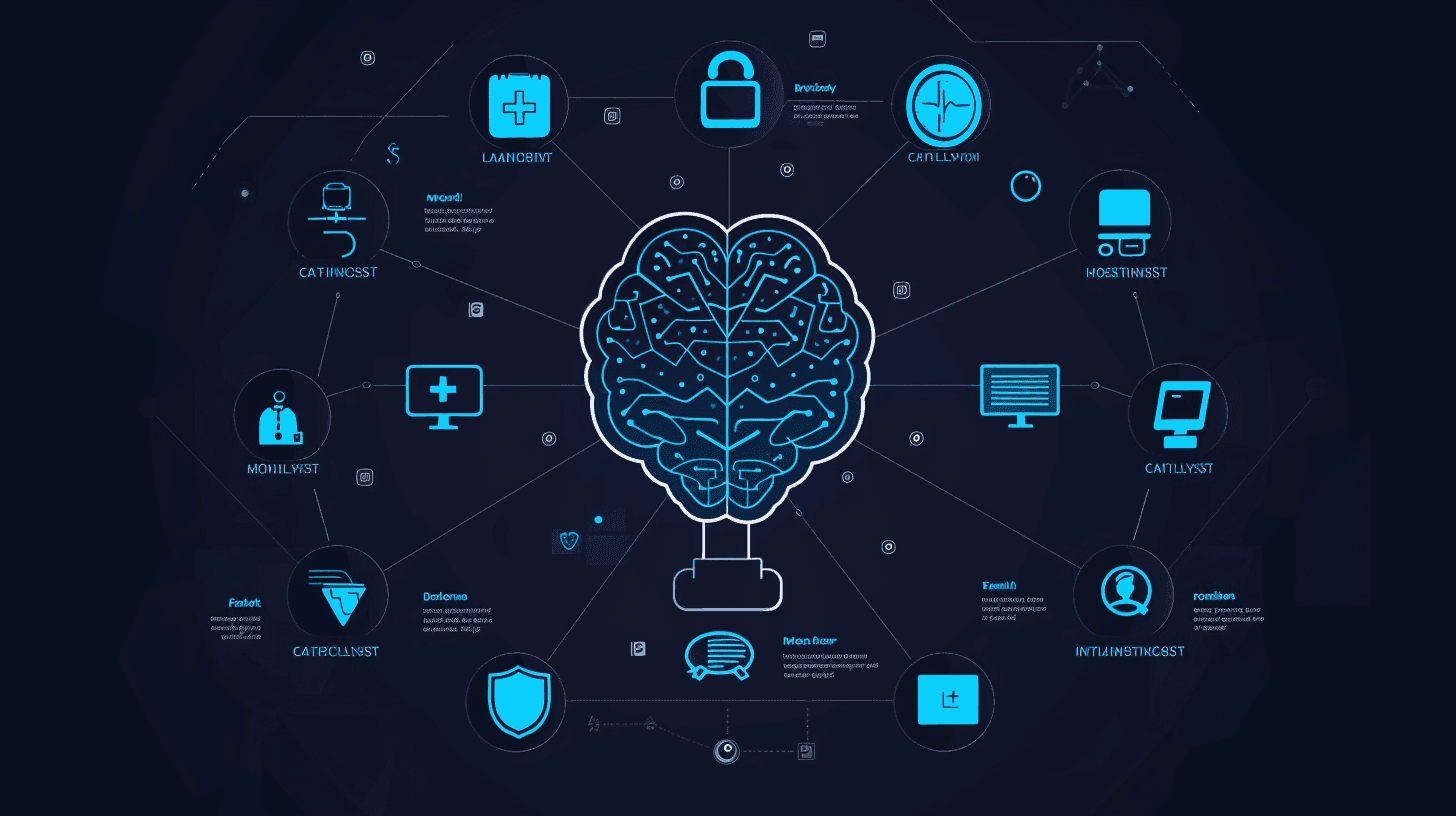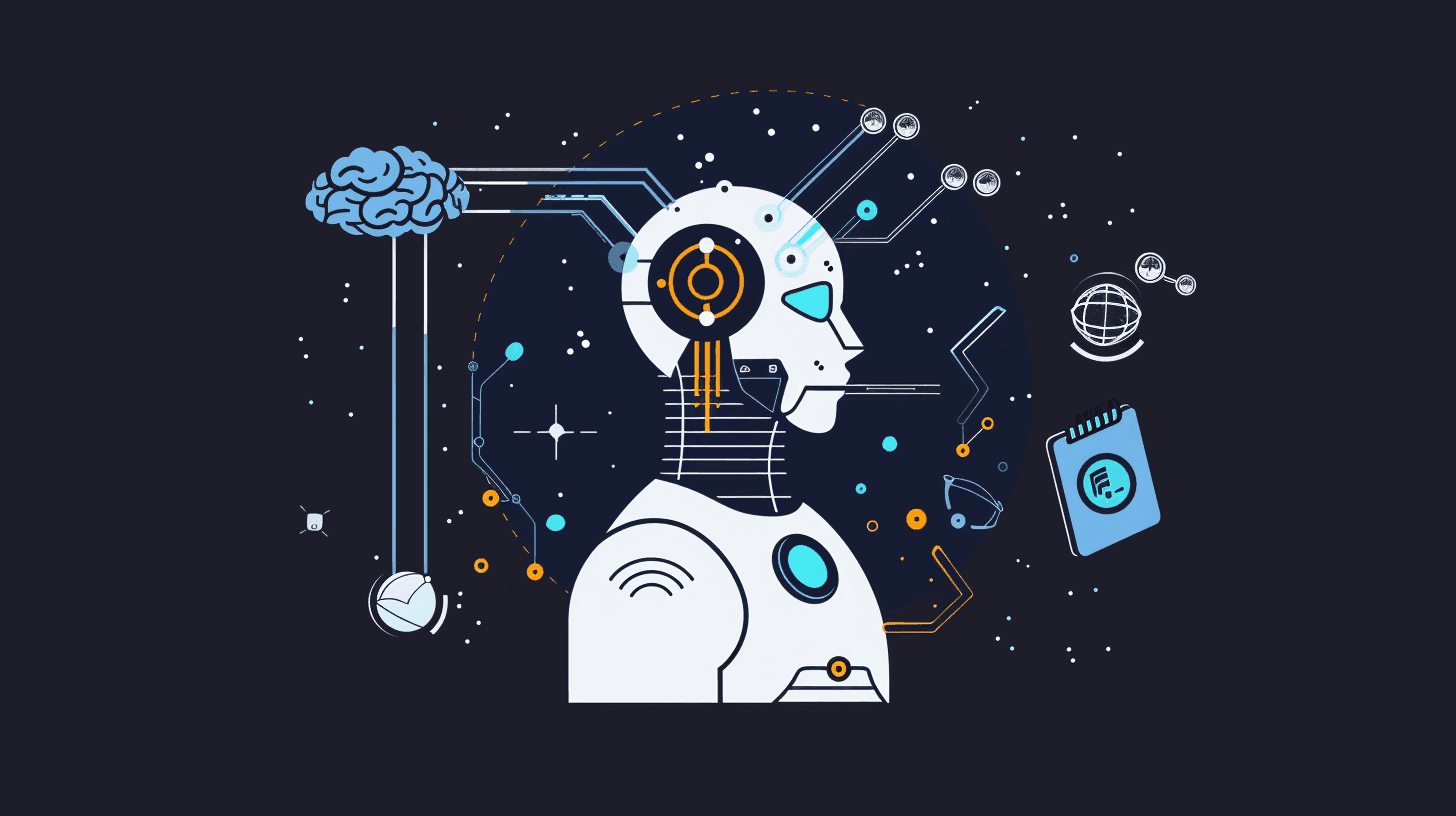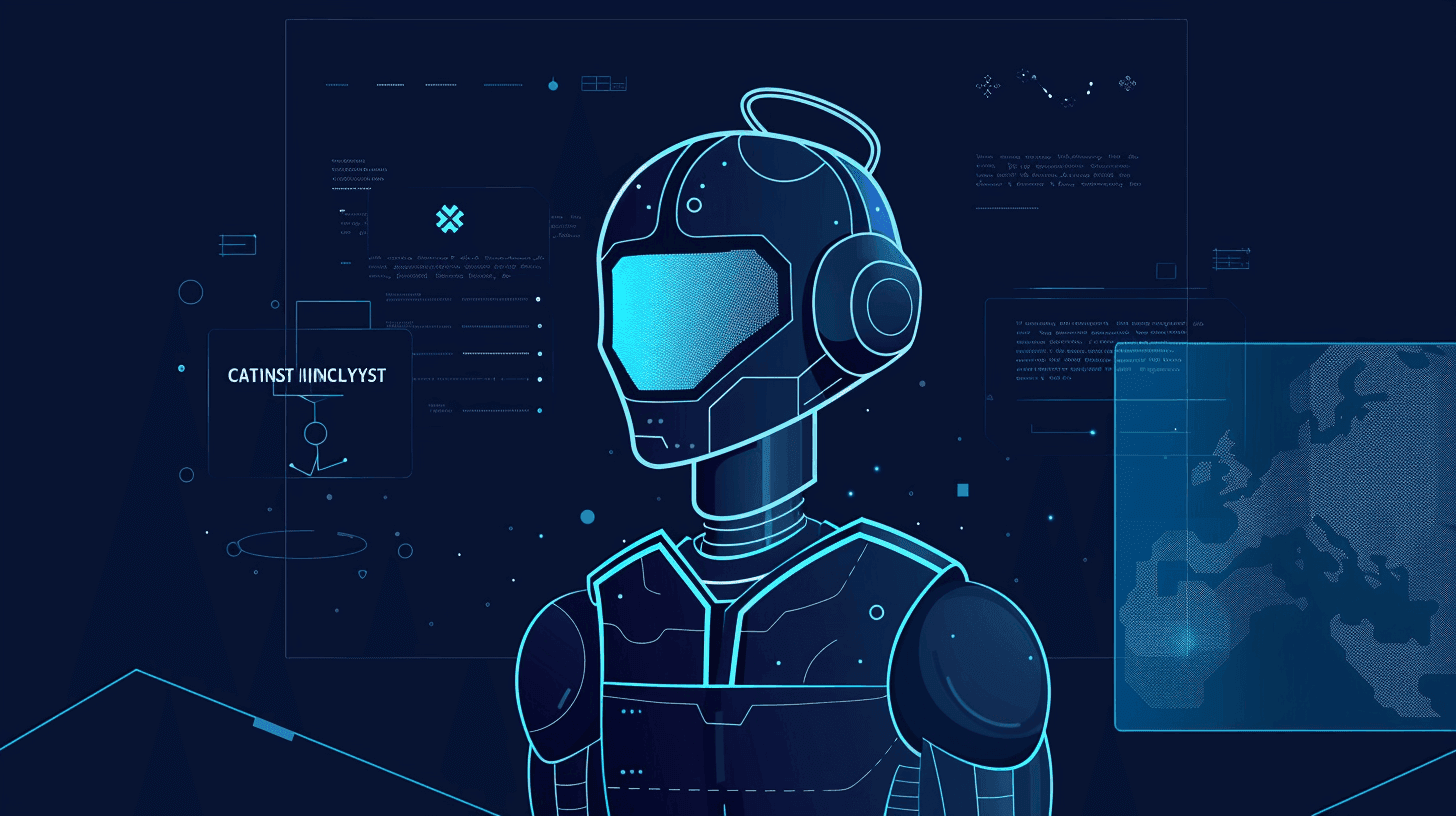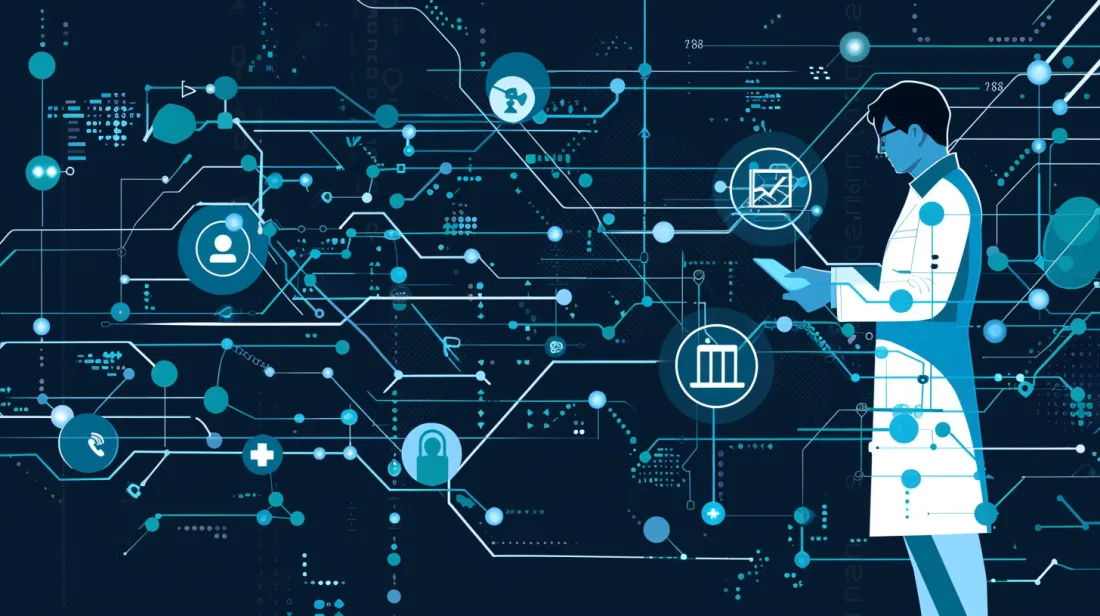
Customer Relationship Management (CRM) systems have been instrumental in helping businesses manage their interactions with current and potential customers. However, with the rapid technological advancements, integrating Artificial Intelligence (AI) into CRM systems is revolutionizing how businesses operate. Catalyst CRM is at the forefront of this transformation, leveraging AI to provide more innovative, efficient, and highly personalized customer relationship management. In this comprehensive guide, we will delve into the benefits of integrating AI into CRM, the specific features of Catalyst CRM, and the future trends in this dynamic field.
The Impact of Integrating AI into CRM
Integrating AI into CRM systems brings transformative benefits, enhancing customer interactions and personalizing experiences at an unprecedented scale. This section will explore how AI-driven solutions in Catalyst CRM improve customer engagement and streamline processes to create a seamless and efficient workflow.
Enhanced Customer Interactions
One of the most significant advantages of integrating AI into CRM is the enhancement of customer interactions. AI-driven chatbots and virtual assistants can handle many customer inquiries, providing instant, accurate responses. This improves customer satisfaction and allows human agents to focus on more complex issues.
Example: Catalyst CRM's AI-powered chatbot can understand and respond to customer queries 24/7. Using natural language processing (NLP), the chatbot can engage in meaningful conversations, troubleshoot problems, and escalate issues to human agents when necessary, ensuring seamless customer support.
Personalization at Scale
AI enables CRM systems to deliver highly personalized experiences to each customer. By analyzing vast amounts of data, AI algorithms can identify individual customer preferences, behaviors, and needs, allowing businesses to tailor their interactions accordingly.
Example: Catalyst CRM uses AI to analyze customer purchase history, browsing behavior, and past interactions. Based on this data, the system can suggest relevant products or services, send personalized offers, and create targeted marketing campaigns, significantly enhancing the customer experience.

Streamlining CRM Processes
AI improves customer interactions and significantly enhances the efficiency of internal processes. From automating data entry to providing predictive analytics, AI transforms how CRM systems operate. Let's delve into how Catalyst CRM leverages AI to streamline operations.
Automated Data Entry and Management
Data entry and management are critical yet time-consuming aspects of CRM. AI can automate these tasks, reducing the manual effort required and minimizing the risk of errors.
Example: Catalyst CRM employs AI to automatically capture and update customer information from emails, social media, and other communication channels. This ensures that the CRM system is always up-to-date, allowing sales and support teams to focus on building relationships rather than administrative tasks.
Predictive Analytics
Predictive analytics powered by AI is a game-changer for CRM systems. By analyzing historical data, AI can forecast future trends, customer behaviors, and sales opportunities, enabling businesses to make informed decisions.
Example: Catalyst CRM uses predictive analytics to identify customers likely to churn, allowing businesses to take proactive measures to retain them. Additionally, it can predict which leads are most likely to convert, helping sales teams prioritize their efforts and increase their success rates.

Driving Business Growth
AI in Catalyst CRM is not just about enhancing interactions and streamlining processes; it's also a powerful driver of business growth. By optimizing sales and marketing strategies and improving customer retention, AI helps businesses achieve their goals more efficiently. Here, we explore how AI-driven CRM can fuel your business growth.
Optimized Sales and Marketing Strategies
AI provides actionable insights that help businesses optimize their sales and marketing strategies. AI can identify the most effective tactics, channels, and messages by analyzing customer data, ensuring that resources are used efficiently.
Example: Catalyst CRM's AI capabilities can analyze past marketing campaigns to determine which yielded the highest ROI. It can then suggest adjustments to underperforming campaigns, ensuring that marketing efforts are always optimized for maximum impact.
Improved Customer Retention
Retaining existing customers is crucial for long-term business success. AI helps businesses identify at-risk customers and implement targeted retention strategies to keep them engaged.
Example: Catalyst CRM uses AI to monitor customer engagement levels and identify those who are becoming disengaged. The system can then recommend personalized offers, loyalty rewards, or proactive outreach to re-engage these customers, reducing churn rates and improving customer loyalty.
Future Trends in AI-Driven CRM
As AI technology evolves, its integration into CRM systems will bring even more sophisticated features and capabilities. This section will explore the emerging trends shaping AI-driven CRM's future, from IoT integration to advanced machine learning algorithms.
Integration with IoT
The Internet of Things (IoT) is expanding rapidly, and its integration with AI-driven CRM systems like Catalyst CRM holds tremendous potential. IoT devices generate vast amounts of data that can provide deep insights into customer behaviors and preferences.
Example: Smart home devices can provide data on a customer's usage patterns. Catalyst CRM can analyze this data to offer personalized recommendations, support, and product suggestions, creating a seamless and intuitive customer experience.
Advanced Machine Learning Algorithms
As AI technology evolves, advanced machine learning algorithms will become more prevalent in CRM systems. These algorithms can provide even more accurate predictions and deeper insights into customer behavior.
Example: Catalyst CRM's advanced machine learning algorithms can analyze sentiment from social media interactions, emails, and other communications to gauge customer satisfaction. This allows businesses to adjust their strategies based on real-time feedback and stay ahead of potential issues.
AI-Driven Voice Assistants
Voice assistants are becoming increasingly popular, and their integration into CRM systems is a natural progression. AI-driven voice assistants can streamline CRM processes, provide instant information, and enhance customer interactions.
Example: Sales representatives using Catalyst CRM can interact with a voice assistant to access customer information, update records, and set reminders without needing to manually navigate the system. This improves efficiency and allows the sales team to focus on building relationships with customers.

Challenges and Considerations
Despite the numerous benefits, integrating AI into CRM presents certain challenges and considerations that businesses must address. Issues related to data privacy, security, and ethical use of AI are crucial to ensuring the successful implementation of AI-driven CRM systems. Let's discuss these challenges in detail.
Data Privacy and Security
While integrating AI into CRM offers numerous benefits, but raises concerns about data privacy and security. Businesses must ensure that their AI-driven CRM systems comply with data protection regulations and implement robust security measures to protect customer information.
Example: Catalyst CRM should employ encryption, secure access controls, and regular security audits to safeguard customer data. Transparency in data usage and obtaining customer consent are crucial for maintaining trust.
Ethical AI Use
The ethical use of AI is another critical consideration. Businesses must ensure that their AI algorithms are unbiased and do not discriminate against any group of customers.
Example: Regular audits of AI algorithms can help identify and address any biases. Additionally, businesses should establish clear guidelines for ethical AI use and provide training for their teams.
Conclusion
Integrating AI into CRM systems like Catalyst CRM transforms how businesses manage customer relationships. From enhancing customer interactions and personalizing experiences to streamlining processes and driving business growth, AI offers numerous previously unattainable benefits with traditional CRM systems. As AI technology evolves, its integration with Catalyst CRM will become even more sophisticated, offering superb insights and efficiencies.
By embracing AI-driven CRM solutions, businesses can stay ahead of the competition, deliver exceptional customer experiences, and achieve sustainable growth. However, addressing the challenges and considerations associated with AI, such as data privacy, security, and ethical use, is crucial to ensure a positive impact on both businesses and customers.
Catalyst CRM is leading the way in this AI-driven revolution, providing businesses with the tools they need to thrive in an increasingly competitive market. As we look to the future, the integration of AI in CRM systems will continue to transform the landscape of customer relationship management, unlocking new possibilities and opportunities for businesses worldwide.


